
We need faster speed limits in Australia - and I'm not saying that because I'm a hoon | Opinion
Speed kills. It’s the message that we’ve had driven home for decades by law...
Browse over 9,000 car reviews

For a long time now we’ve been told that electric vehicles won’t take off in Australia until there are government incentives for EVs, or the infrastructure is in place, or a more robust power grid is built - but guess what?
Brands like Tesla and Chinese carmakers like BYD and MG aren’t waiting - they’ve hit the go button on EVs in Australia and it’s left most other car manufacturers spinning their wheels and possibly doomed.
Yep, 2023 will go down as the year the tide changed towards EVs in Australia and while there is still a long way to go before electric cars outsell petrol cars here, the change hasn’t occurred because of an enormous increase in charging stations, nor tantalising benefits to encourage us to buy them.
If anything, the State and Federal governments for the past 10 years have done next to nothing to encourage Aussies to get into electric cars, and while we’re now seeing petrol stations such as Ampol and BP introduce chargers, these are almost token additions to their forecourts that have queues of waiting EVs.
No, the reason why this year will go down as the point Australians decide to begin switching en masse to EVs is because they want to and it appears nearly every level of government and many of the major car companies have failed to realise this.
So far this year, (until the end of September) 65,743 electric cars have been registered in Australia which is more than a 200 per cent increase on the following year. Of these 37,997 were Teslas. So you’re not just imagining it - there really are more Teslas on the road.
Yes, you can argue that there have been delays and backlogs in getting cars to customers, but all of these have still been ordered by Australians, so the demand for EVs is clear. And we will continue to watch this number increase exponentially during the next decade.
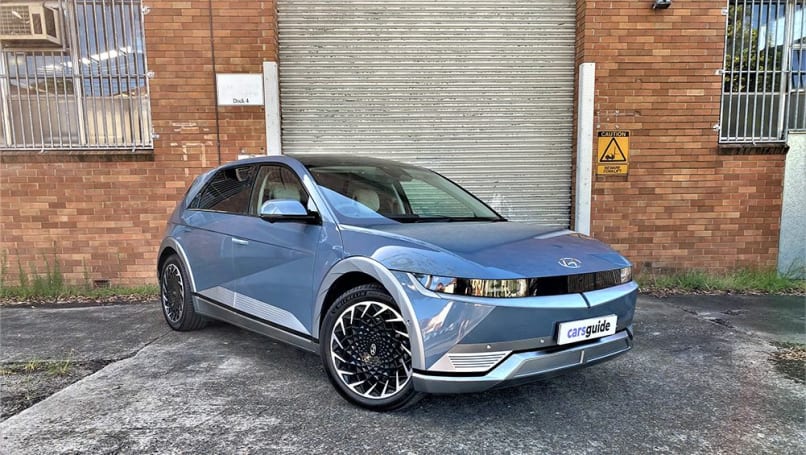
Tesla’s desirable and fast electric cars were the catalyst for the EV movement - not environmental and pollution concerns, not the rising costs of petrol, nor social responsibility.
Nope, it was vanity. And hey, nothing wrong with that - we all look in the mirror before we leave the house, right? We all buy clothes that flatter us. We don’t cut our own hair, do we? Well, not all of us…
So, while Tesla flicked the EV switch to ‘on’ originally, the price of electric cars has been prohibitive to most Australian - this has been the biggest barrier.
What we’re seeing now are brands that are taking advantage of Australia’s growing appetite for electric cars but offering them at relatively low prices.
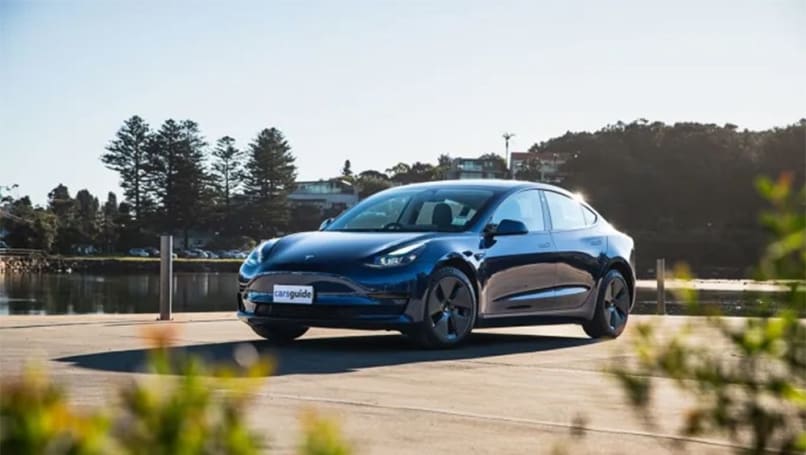
Chinese brands such as MG and BYD have hit the ‘go-button’ in Australia and it has caught more established brands off guard.
This year MG brought its MG4 Electric to Australia, it’s a small hatch with a 350km range and a list price of $38,990.
BYD has the Atto3 small hatch for $48,011, the Dolphin for $38,890, but more recently launched the Seal sedan in Australia which goes head-to-head with Teslas hit Model 3 for a much cheaper $49,888.
Not only are most of these prices lower than any other established car company can match, but there are other manufacturers who have nothing yet to offer in terms of electric cars.
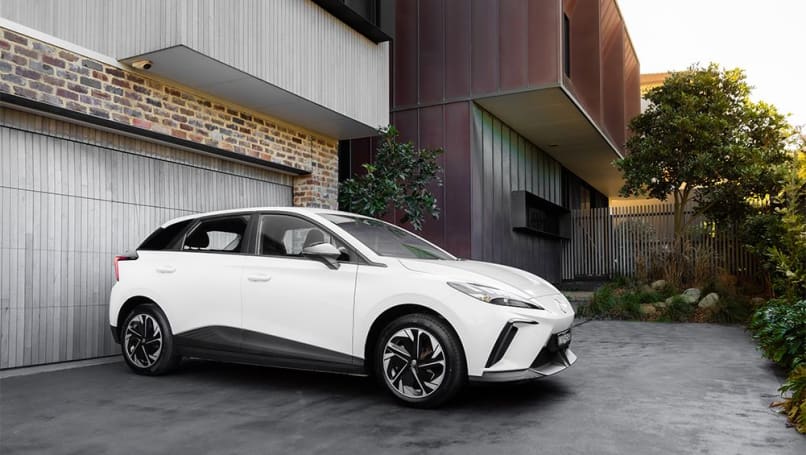
Mitsubishi, for example, still has no fully electric cars in its Australian range, neither does Honda, nor Subaru, Suzuki, nor even Toyota - yet.
Nissan has the Leaf, Ford has its Mustang Mach-E and Jaguar has the I-Pace, while Volkswagen and Skoda are promising theirs are on the way.
Perhaps we've been lied to? Have we been fed a line by certain manufacturers that the reason why electric vehicles haven't been launched in Australia is because the infrastructure isn't in place? That they won't come until the government offers better incentives to car makers and buyers? Perhaps these car companies didn't have EVs to sell at all? Maybe they were too busy developing other models and were caught out by the surge and urge by Aussies to own an EV and now are rushing to come up with something.
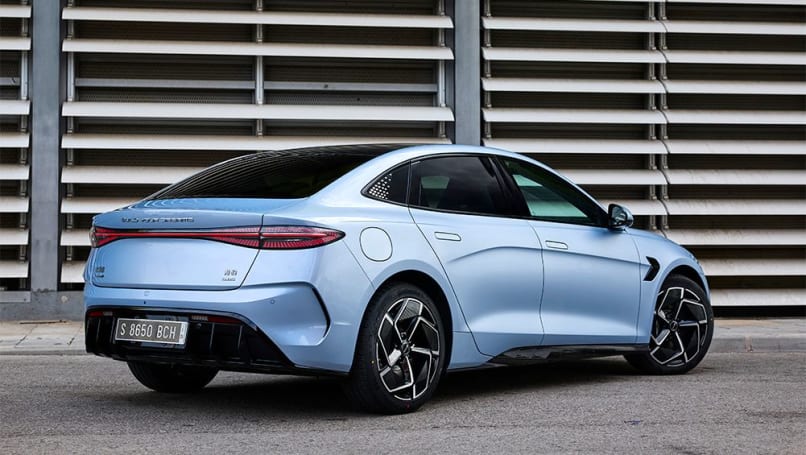
Volvo and Polestar, but especially Kia and Hyundai seem to be (apart from Tesla, BYD and MG) the only ones who appear to be ahead of the curve in offering EVs although not quite at the affordable prices of the budget Chinese brands.
Hyundai's Ioniq 5 starts at $64,500 while Kia’s EV6 is from $72,590. Both brands, however, are rapidly bringing more electric cars to Australia with the Kia EV9 large SUV having just arrived and the EV2, EV4 and EV5 recently announced.
The hesitation from many other brands, apart from Tesla, to react to changing tastes means that Chinese brands such as BYD and MG will win the EV race - in fact they already have.
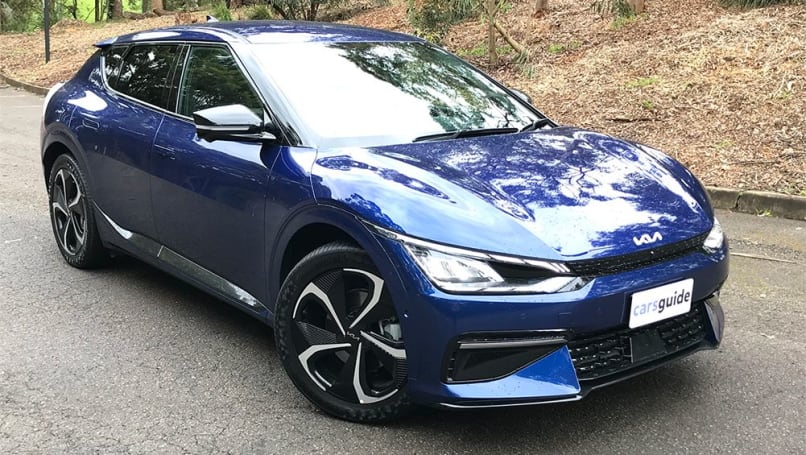
Where to from here? Well, I think the Chinese brands will continue to wow us with more and more EVs, with an increasing level of quality at low prices until they’ve become part of the new Australian car landscape. This will come at the expense of the existing brands losing market share.
By this point there’ll be no need for EV incentives as most of us will drive one, and because humans are much better at solving problems after they threaten us than before, we’ll be faced with rolling power outages and queues for chargers. But we’ll fix that, too.
Comments